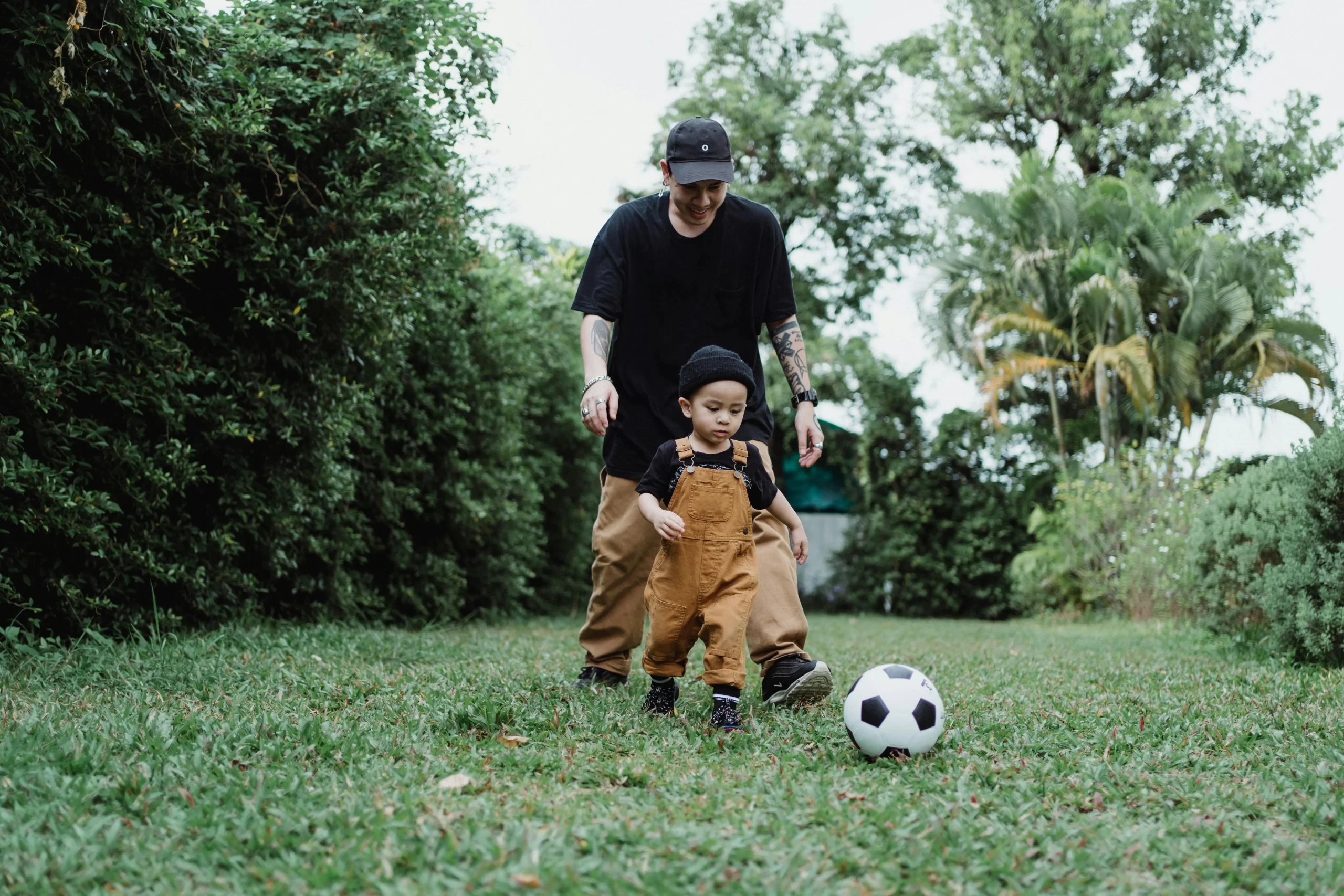How Parental Comparisons Impact Your Child’s Confidence And Growth In Sports
As a parent of an athlete, I know firsthand how easy it is to slip into the habit of comparing my child’s performance to others. After all, it’s natural to want the best for your child, and sometimes those comparisons seem harmless, or even helpful. However, the impact of these comparisons can be far more damaging than we realize. They can lead to feelings of inadequacy, lower self-esteem, and even burnout. Instead, we should focus on nurturing our child’s unique strengths and celebrating their individual journey. In this post, we’ll explore why parental comparisons can be harmful and how we can foster a positive mindset for our young athletes.
The Downside of Comparisons
When we compare our child to others, we might not notice the subtle but significant impacts it has on their mental well-being. Here are some common issues that arise:
- Impact on Self-Esteem: Comparing your child to their peers, especially in a competitive environment like sports, can undermine their confidence. If your child feels they are not measuring up to someone else’s achievements, they may begin to doubt their abilities.
- Increased Pressure: The pressure to perform better than their peers can become overwhelming. Your child may feel they have to consistently win or improve to gain your approval or be considered successful.
- Discouragement: Constantly being compared can lead to feelings of discouragement. Instead of focusing on improvement, your child may become fixated on their shortcomings.
- Burnout: An excessive focus on competing with others can lead to burnout, making your child want to quit the sport altogether. They might start seeing it as a chore rather than a passion.
- Loss of Individuality: Children need to explore their own unique talents and interests. Comparisons can stifle their individuality and creativity. Your child’s journey is personal, and it deserves recognition for its uniqueness.
Steps to Encourage a Positive Mindset
If you’re recognizing some of these issues in your parenting approach, it’s time to shift the focus from comparison to celebration. Here’s how to go about it:
1. Celebrate Individual Progress
Every child develops at their own pace. Instead of looking at how they fare against others, celebrate their personal achievements, no matter how small.
- Acknowledge improvements in skills or techniques.
- Praise their efforts, regardless of the outcome.
- Establish personal goals together, such as improving their time or mastering a specific technique.
Tips:
- Keep a record of your child’s milestones to visualize their progress.
- Share their accomplishments with family and friends to build their confidence.
2. Focus on Strengths
Help your child identify their unique strengths—what makes them shine in their sport.
- Discuss their favorite aspects of competition and practice.
- Encourage them to pursue areas they excel in without worrying about competition.
Best Practice:
- Facilitate opportunities for them to showcase their strengths, be it through competitions, informal games, or fun challenges within the family.
3. Emphasize Teamwork Over Competition
While competition can improve performance, fostering a sense of teamwork can combat comparison.
- Encourage your child to support their teammates and recognize that everyone contributes to the team’s success.
- Promote friendships through team-building activities that allow for collaboration rather than competition.
Action Steps:
- Consider playing team sports or engaging in partner activities that foster camaraderie.
- Organize family sports days focused on teamwork and fun rather than scores and records.
4. Model Positive Self-Talk
As a parent, your attitudes and words shape your child’s mindset. Use positive language when discussing sports and skills.
- Avoid negative comments about performance, and instead focus on effort and growth.
- Teach them to replace “I’m not as good as…” with “I’m getting better every day.”
Tips:
- Practice with your child through role-playing for situations where negative self-talk might come up.
- Share personal experiences where effort, rather than outcome, led to success.
5. Encourage a Healthy Perspective on Winning and Losing
Understanding that sports encompass both winning and losing helps children build resilience.
- Discuss the lessons learned from losses and how they contribute to growth.
- Reinforce that every athlete, no matter how talented, has faced setbacks.
Best Practice:
- Organize discussions within the team about what they’ve learned from various experiences both on and off the field.
Conclusion: Nurturing a Supportive Environment
Fostering a positive mindset in your child requires intentional effort on your part. As you shift your focus from comparisons to support and celebration, you empower your child to embrace their unique journey. Celebrate progress, strengths, and teamwork, all while encouraging resilience through both victories and defeats. Remember: your child’s relationship with sports should be a source of joy, not pressure.
Let’s work together to foster an environment where our young athletes can thrive, both emotionally and physically. By steering clear of comparisons and focusing on their individual paths, we can help them develop lasting confidence and a lifelong love for their sport. Join me in this vital conversation and reflect on how you can support your child today. Share your thoughts in the comments below, and let’s inspire each other to raise confident, happy athletes!.




